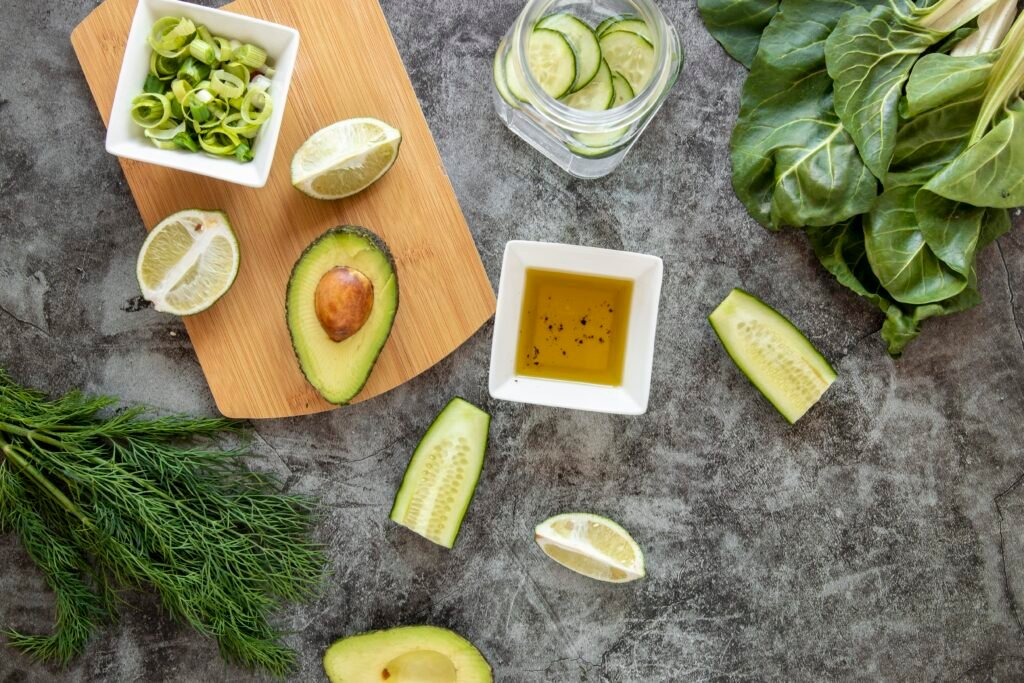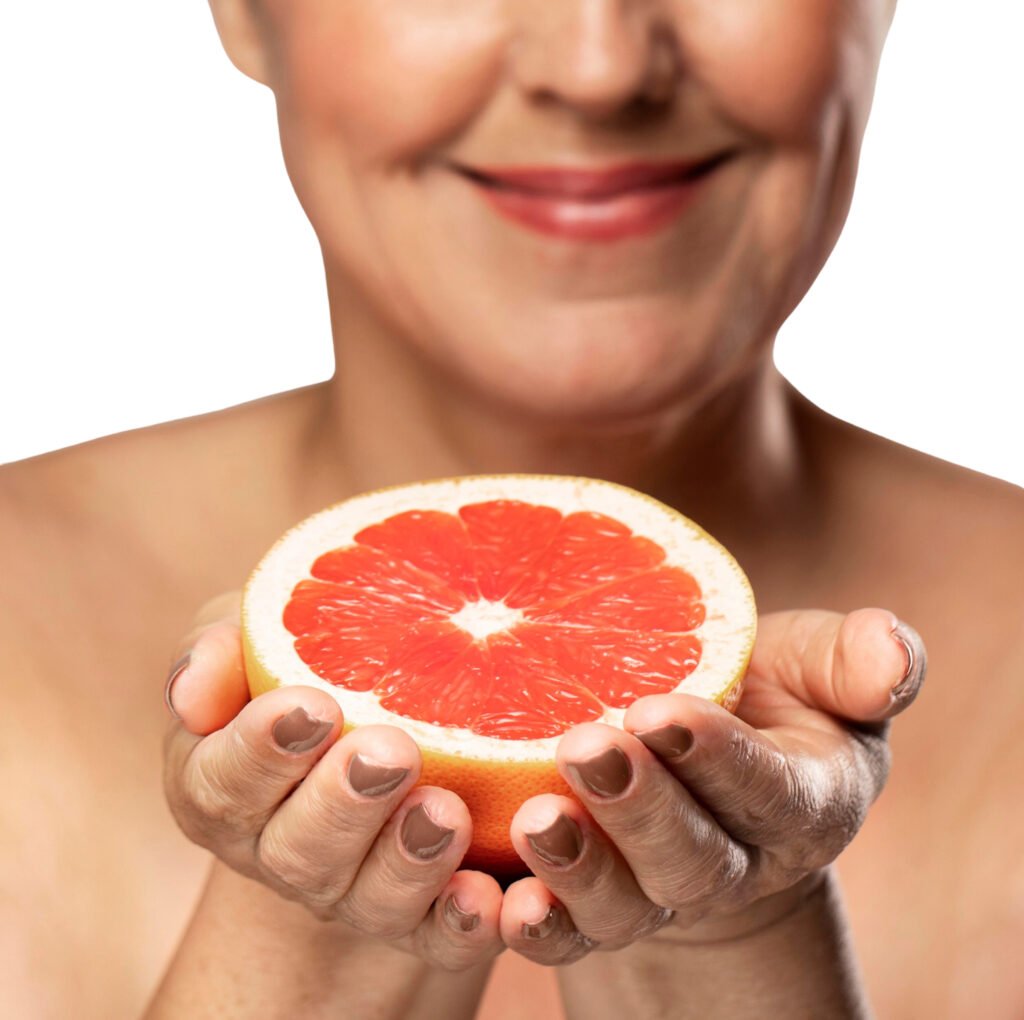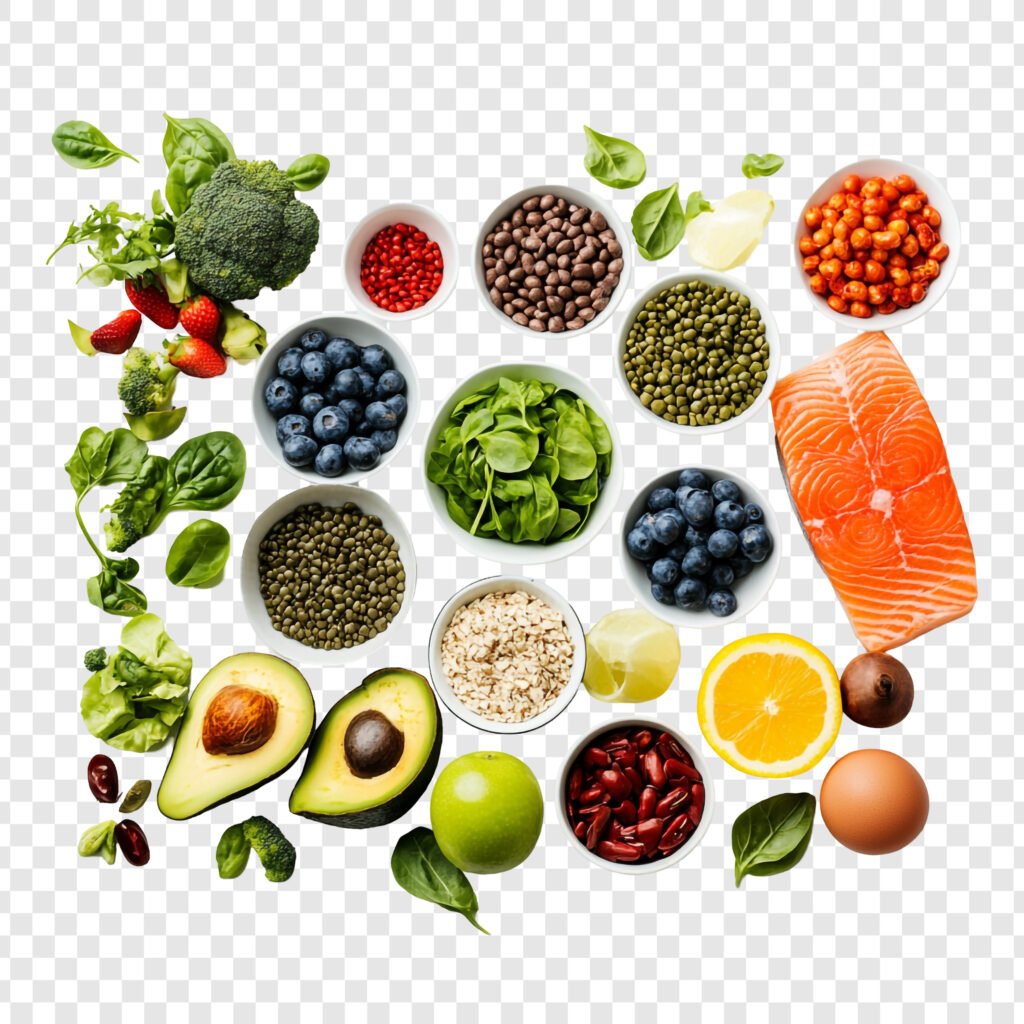
Dry skin can be more than just a seasonal annoyance—it often signals an underlying imbalance in your diet or hydration levels. While topical moisturizers provide temporary relief, long-term skin health is deeply influenced by what you eat. This guide explores the best foods to combat dry skin, focusing on essential nutrients like omega-3 fatty acids, vitamins A, C, D, E, biotin, and antioxidants.
1. Omega-3 Fatty Acids: Essential for Skin Hydration

Omega-3 fatty acids are crucial for maintaining the skin’s lipid barrier, which helps retain moisture and protect against irritants. A deficiency can lead to dry, flaky skin and increased sensitivity.
Top Sources:
- Fatty Fish: Salmon, mackerel, sardines, and herring are rich in omega-3s, vitamin E, and high-quality protein—all vital for skin health.
- Plant-Based Options: Chia seeds, flaxseeds, walnuts, and linseed oil provide alpha-linolenic acid (ALA), a type of omega-3 fatty acid. Weleda
2. Vitamin A: Supports Skin Cell Growth and Repair
Vitamin A is essential for skin cell production and repair. It helps maintain the integrity of the skin barrier and prevents dryness. Spectrum Dermatology of AtlantaVogue+2Verywell Health+2Medical News Today+2
Top Sources:
- Animal-Based: Beef liver is an excellent source but should be consumed in moderation due to its high vitamin A content. Medical News Today
- Plant-Based: Sweet potatoes, carrots, spinach, and cantaloupe are rich in beta-carotene, which the body converts into vitamin A. Spectrum Dermatology of Atlanta
3. Vitamin C: Enhances Collagen Production and Skin Elasticity

Vitamin C is a powerful antioxidant that aids in collagen synthesis, crucial for maintaining skin elasticity and hydration.
Top Sources:
- Fruits: Kiwifruit and citrus fruits are high in vitamin C. Medical News Today
- Vegetables: Sweet red peppers and broccoli also provide substantial amounts of vitamin C.
4. Vitamin D: Modulates Skin Immune Function
Vitamin D plays a role in skin cell growth and immune function. Deficiency can lead to dry, itchy skin.
Top Sources:
- Fatty Fish: Salmon and mackerel are excellent sources. Wikipedia
- Fortified Foods: Many dairy and plant-based milks are fortified with vitamin D.Wikipedia+1Medical News Today+1
- Sunlight: Moderate sun exposure enables the body to synthesize vitamin D naturally.
5. Vitamin E: Protects Skin from Oxidative Stress

Vitamin E is an antioxidant that helps protect the skin from oxidative damage and supports moisture retention. Brown Health
Top Sources:
- Nuts and Seeds: Almonds, sunflower seeds, and hazelnuts are rich in vitamin E.
- Oils: Sunflower and safflower oils are good sources.
6. Biotin (Vitamin B7): Vital for Skin Health
Biotin supports the health of the skin by aiding in fat metabolism, which is essential for maintaining skin moisture.
Top Sources:
- Egg Yolks: A rich source of biotin.Weleda+1Weleda+1
- Nuts and Seeds: Walnuts and sunflower seeds provide biotin and vitamin E.
- Whole Grains: Oat flakes and whole wheat products contribute to biotin intake.Weleda+1Weleda+1
7. Antioxidant-Rich Foods: Combat Skin Aging and Dryness
Antioxidants protect the skin from free radical damage, which can lead to dryness and aging.
Top Sources:
- Green Tea: Contains polyphenols that have anti-inflammatory properties.
- Berries: Blueberries, strawberries, and raspberries are high in antioxidants.
- Dark Chocolate: Rich in flavonoids that can improve skin hydration.
8. Hydrating Foods: Boost Overall Skin Moisture
Foods with high water content can help hydrate the skin from the inside out.
Top Sources:
- Cucumbers: Composed of about 95% water and contain silica, which supports skin elasticity.
- Watermelon: High in water content and contains vitamins A and C.
- Oranges: Provide hydration and are rich in vitamin C.
9. Probiotic Foods: Enhance Skin Barrier Function
A healthy gut microbiome can influence skin health, reducing inflammation and dryness.
Top Sources:
- Yogurt: Contains live cultures that promote gut health.
- Kefir: A fermented milk drink rich in probiotics.
- Sauerkraut: Fermented cabbage that supports digestive health.
10. Zinc and Selenium: Essential Trace Minerals for Skin Health
Zinc and selenium play roles in skin development and function. Deficiencies can lead to dry, irritated skin.
Top Sources:
- Zinc: Pumpkin seeds, oysters, and fortified cereals. Wikipedia+6Healthline+6Medical News Today+6
- Selenium: Brazil nuts, sunflower seeds, and whole grains.
Hydration: The Foundation of Healthy Skin
While foods contribute to skin hydration, drinking adequate water is fundamental. Aim for 2 to 3 liters per day, depending on activity level and climate. Weleda
Foods to Limit or Avoid Certain foods can exacerbate dry skin: Medical
- Alcohol and Caffeine: Both can dehydrate the body and skin.
- High-Sugar Foods: Can lead to inflammation and skin aging.
- Processed Foods: Often lack essential nutrients and contain additives that may affect skin health.
Conclusion
Addressing dry skin involves more than just topical treatments; it requires a holistic approach that includes a nutrient-rich diet and proper hydration. Incorporating the foods listed above can help restore and maintain skin moisture, leading to a healthier complexion.
